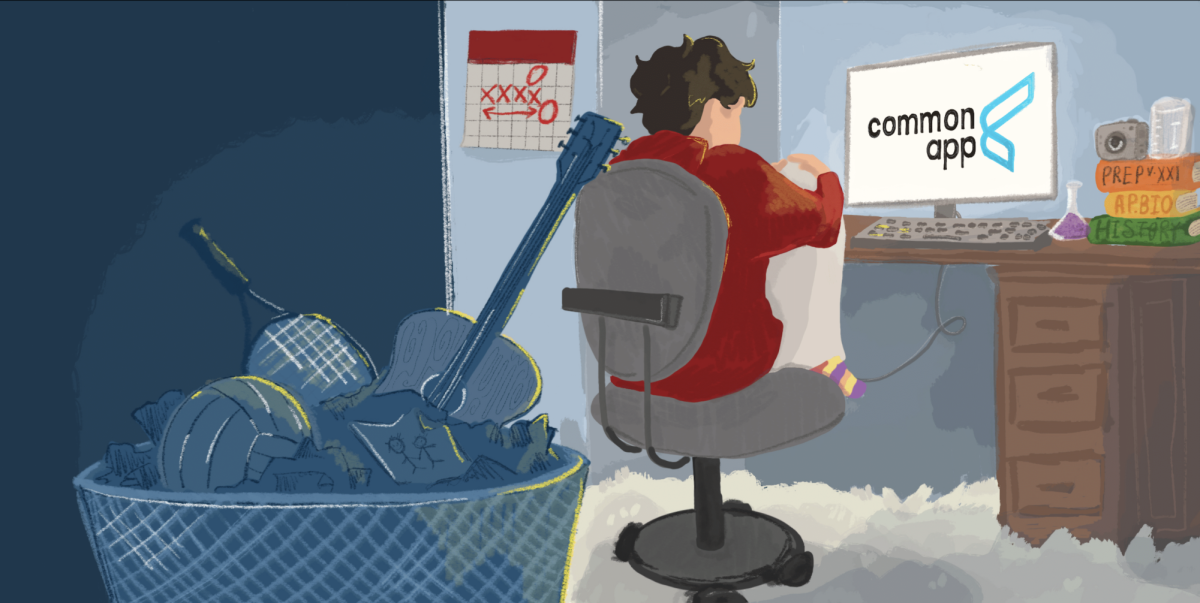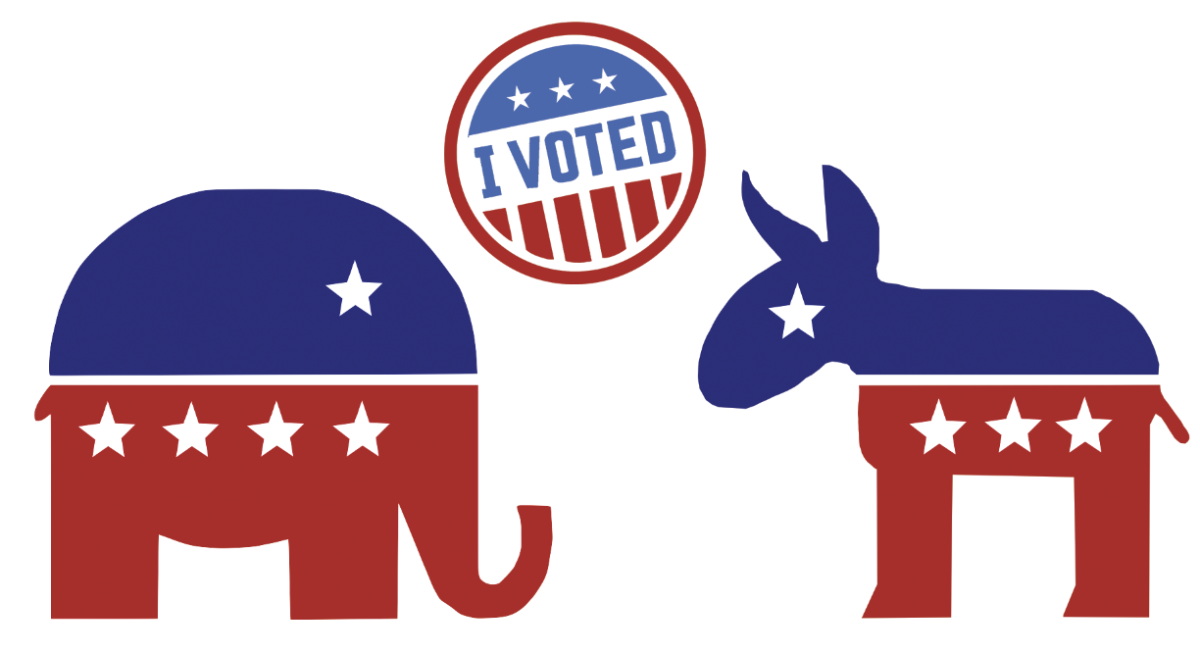Reconstructing the Honor Board
Our student government is tasked with the unique role of sitting on the Honor Board. The Honor Board was established to adjudicate academic and social infractions, often through enforcing disciplinary actions upon students. It was created in order to include peer advocates in each disciplinary tribunal, so that the resulting consequences would serve as opportunities for students to learn from their mistakes. This role puts a great deal of pressure on the Prefects, but also gives them immense power over their peers.
The Honor Board and Prefect Council were separate entities until a merger was proposed during the 2004-2005 school year and implemented during the 2006-2007 school year. The student body was not offered any say in this decision; only the Prefect Council and Honor Board, who were presented with the plan, had the opportunity to modify it and vote on its approval.
Just as the structure of the Honor Board has changed over time, its image and impact within the school community has evolved as well. Instead of acting as a safety net for students, the Honor Board is used by the administration to fear monger and deter students from cheating. The school can begin to solve this problem by separating the Prefect Council from the Honor Board.
Having the Prefects sit on the Honor Board seems to make it fairer by giving students peer advocates; however, when those advocates are elected on the basis of their honor it puts more pressure on the student being judged. The Honor Board process seems more daunting when your judges are your most virtuous peers. With a separated Honor Board and Prefect Council, students can elect peers with their own shortcomings, making the Honor Board more sympathetic and equitable in decision-making and less intimidating overall. Students should be able to cast votes for candidates who they think would adjudicate most fairly.
Separating the Honor Board and Prefect Council would also produce rulings that are not influenced by prefects’ worries about re-election. Imagine what would happen if city council members were also the judges in local courts and had to make decisions about contested parking tickets—why would we allow candidates to adjudicate cases that affect people whose votes they need? This conflict of interest is entirely avoidable. Apart from their Honor Board duties, Prefects run student life, plan events, coordinate with the administration and advocate on behalf of the student body. This is the more traditional role of high school student government. Separating Honor Board and Prefect Council would not only promote integrity and democracy but would also provide more students with leadership opportunities.
Furthermore, the Honor Board would be greatly improved if students were prohibited from serving on cases trying people in their own grade. This would reduce conflicts of interest because it is unrealistic to hold Prefects to a standard of total impartiality. High school students who carry an enormous amount of power at school are unlikely to recognize their biases about every student who comes before the Honor Board.
The student body’s voice was ignored in the decision to combine the Prefect Council and the Honor Board in 2006. This was a grave mistake, but the school now has the opportunity to correct it. The administration and Prefect Council should outline a proposal to separate these bodies. We need to return the Honor Board to its original function and allow the student body to vote on members.






































